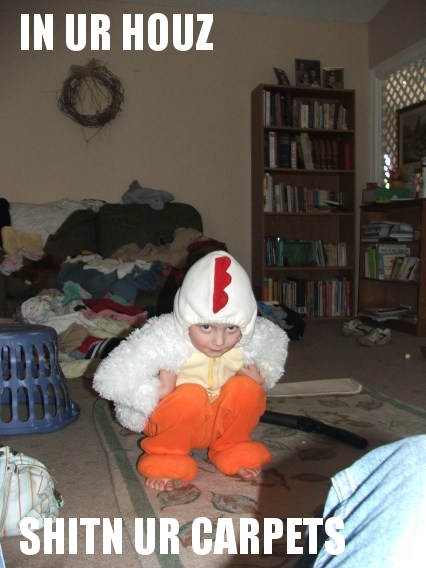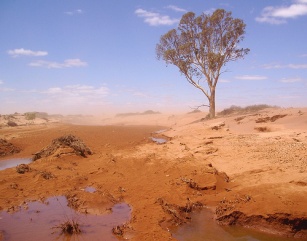It's possible that the 19th century British powers-that-be were just running a really, really long con when they sent their convicts to settle Australia, because anyone who lives there now is royally screwed. In Rolling Stone, Jeff Goodell chronicles exactly how screwed. (Answer: Royally.)
In the few weeks he was there, Goodell encountered:
a record heat wave, a crippling drought, bush fires, floods that swamped an area the size of France and Germany combined, even a plague of locusts.
And in the longer term,
What water is left is becoming increasingly salty and unusable, raising the question of whether Australia, long a major food exporter, will be able to feed itself in the coming decades. The oceans are getting warmer and more acidic, leading to the all-but-certain death of the Great Barrier Reef within 40 years. Homes along the Gold Coast are being swept away, koala bears face extinction in the wild, and farmers, their crops shriveled by drought, are shooting themselves in despair.
And in the slightly longer term,
Habitats for most vertebrates will vanish. Water supply to the Murray-Darling Basin will fall by half, severely curtailing food production. Rising sea levels will wipe out large parts of major cities and cause hundreds of billions of dollars worth of damage to coastal homes and roads. The Great Barrier Reef will be reduced to a pile of purple bacterial slime. Thousands of people will die from heat waves and other extreme weather events, as well as mosquito-borne infections like dengue fever. Depression and suicide will become even more common among displaced farmers and Aborigines.
The worst part? This is what the rest of the world has to look forward to.
"Australia is the canary in the coal mine," says David Karoly, a top climate researcher at the University of Melbourne. "What is happening in Australia now is similar to what we can expect to see in other places in the future."



